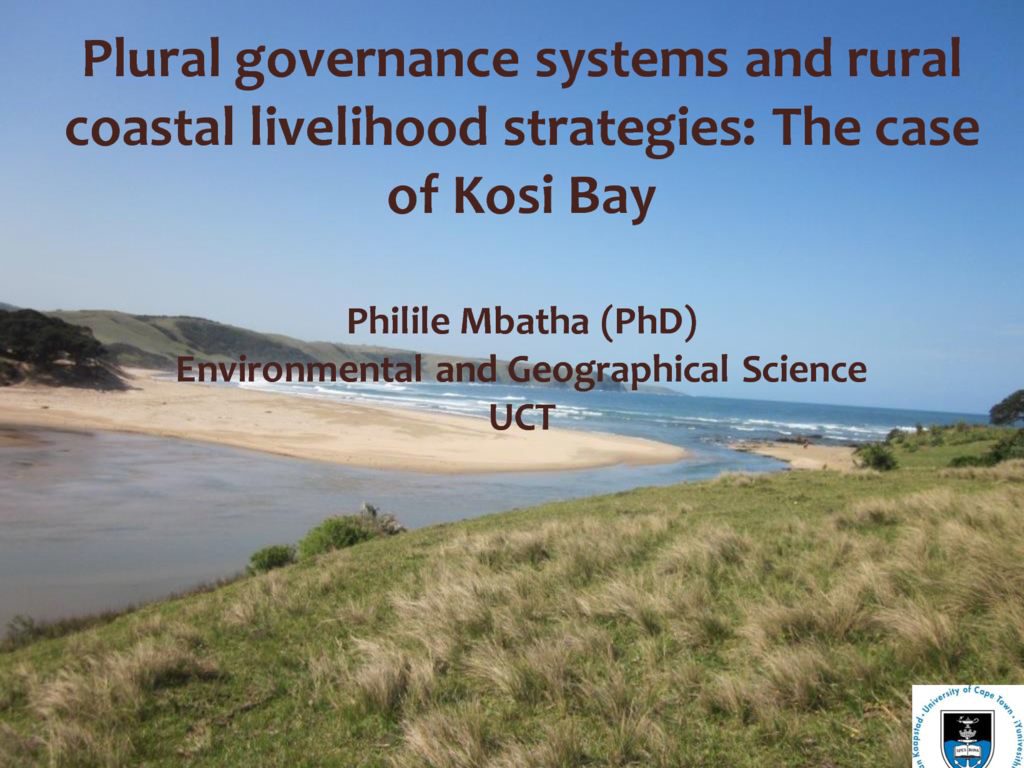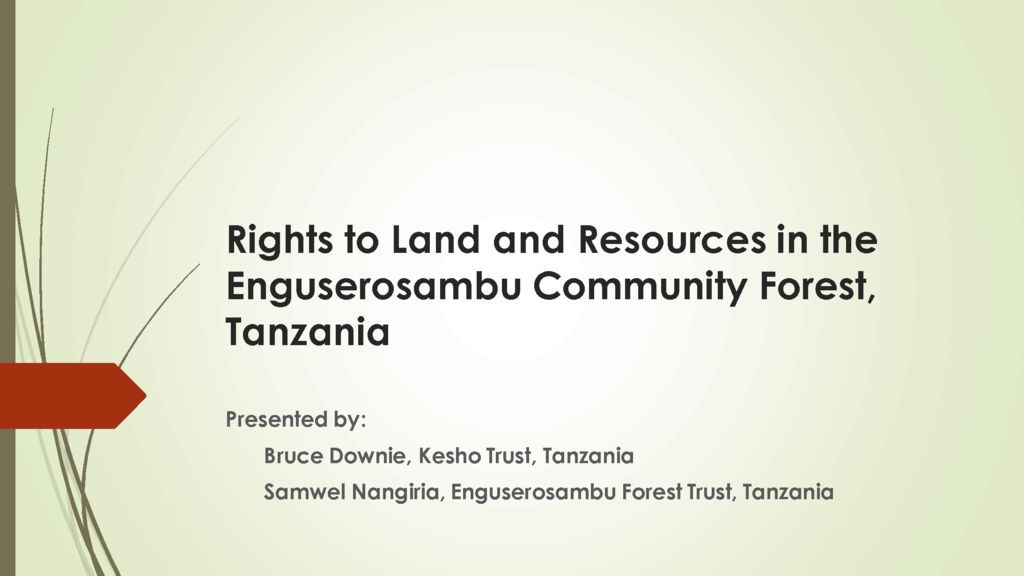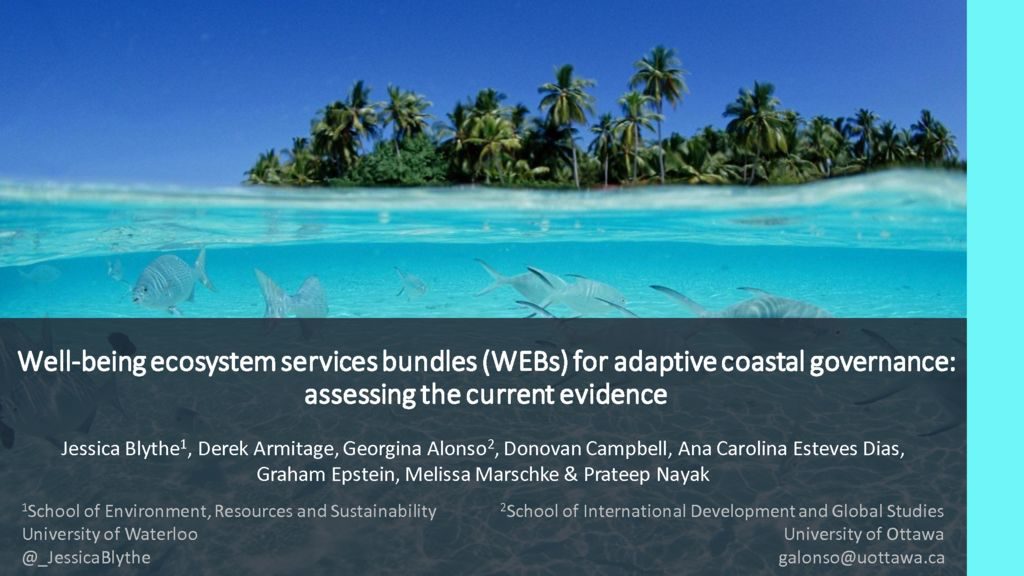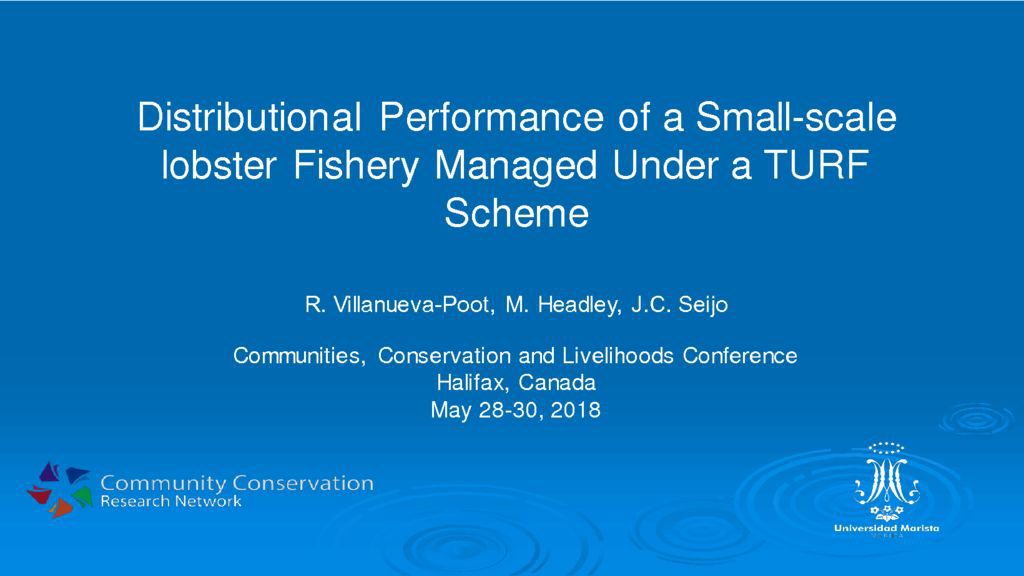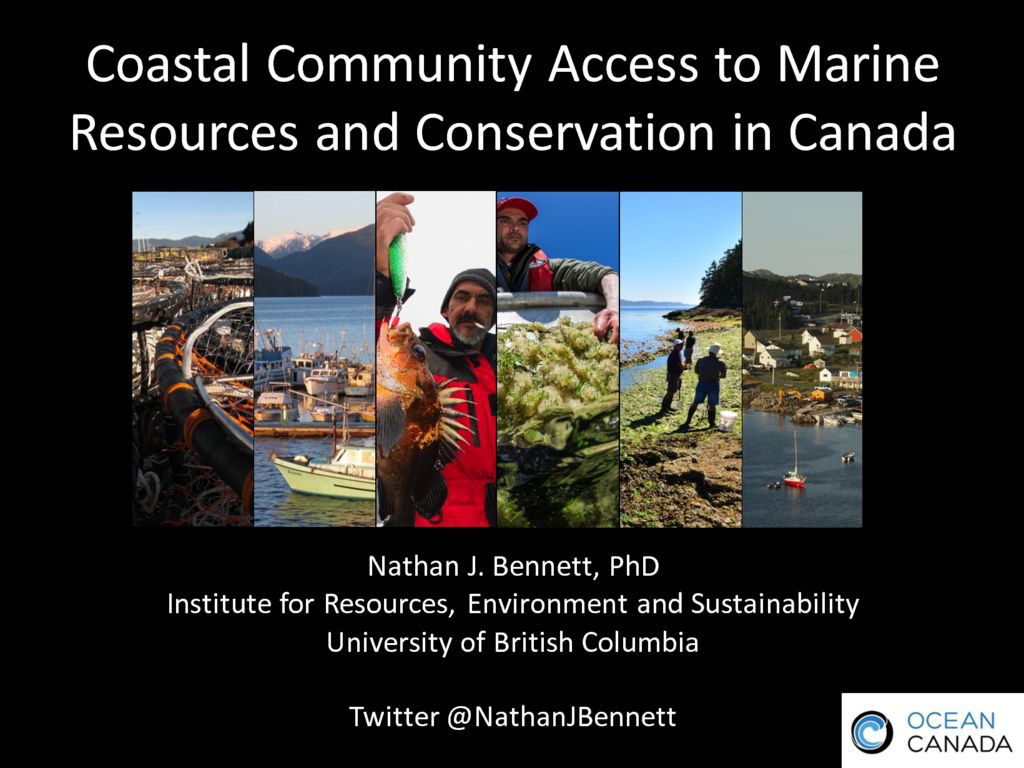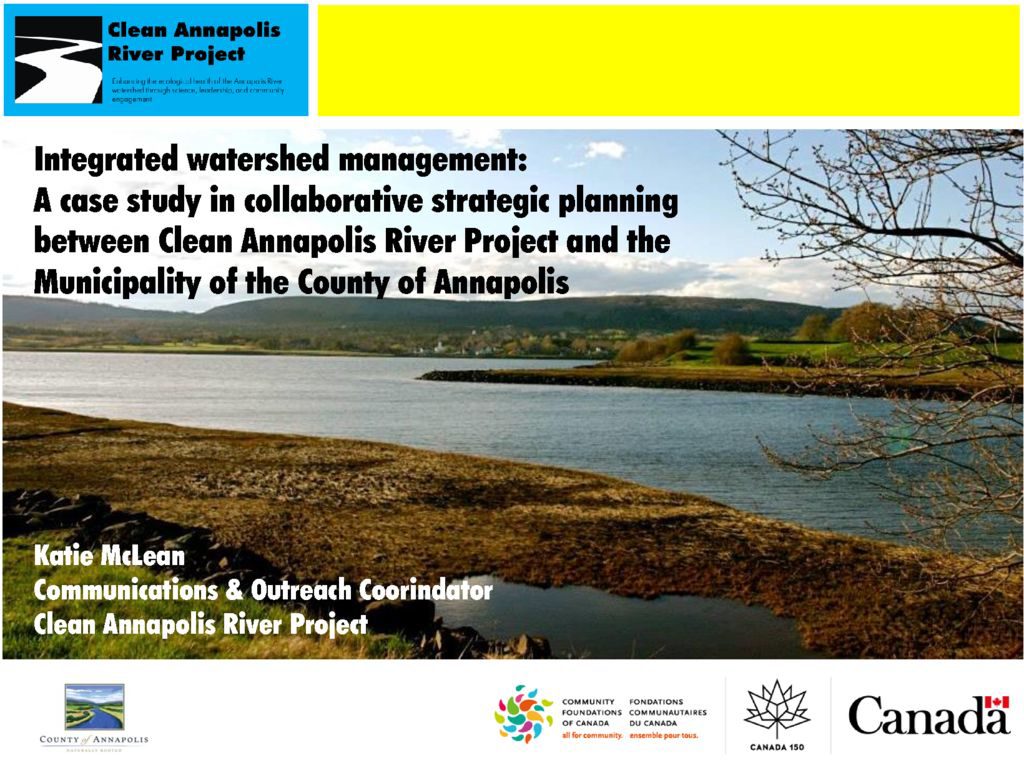22 Mar Governance and Rights
In a discussion of equity, rights, and the roles of power and politics in shaping environmental governance processes, the resources available on this page delve into how community level adaptive capacity and resilience can be influenced through numerous pathways.
With a focus on livelihood sustainability and managing natural resources for competing uses, the documents provided here connect social wellbeing with ecosystem services and present and examine the relationship between access, conservation, and coastal communities. Concepts such as reciprocity between humans and nature, and plural governance systems are discussed – along with the influence of varying governance systems on negotiation / consultation processes between governments and the communities they serve.
Key Themes:
Governance, Rights & Conflict, Livelihoods, Places & Spaces
Click titles to expand sections below:
Plural governance systems and rural coastal livelihoods strategies: The case of Kosi Bay, South Africa
Kipuka Kuleana: Restoring Reciprocity and Responsibility to Land Tenure and Resource Use in Hawai'i
Mehana Vaughan (University of Hawaiʻi)
Rights to Land and Resources in the Enguserosambu Community Forest, Tanzania
Wellbeing-ecosystem service bundles (WEBs) for adaptive coastal governance: assessing the current evidence
Jessica Blythe (University of Waterloo), Derek Armitage (University of Waterloo), Georgina Alonso (University of Ottawa), Donovan Campbell (University of West Indies), Ana Carolina Esteves Dias (University of Waterloo), Graham Epstein (University of Waterloo), Melissa Marschke (University of Ottawa), Prateep Nayak (University of Waterloo)



